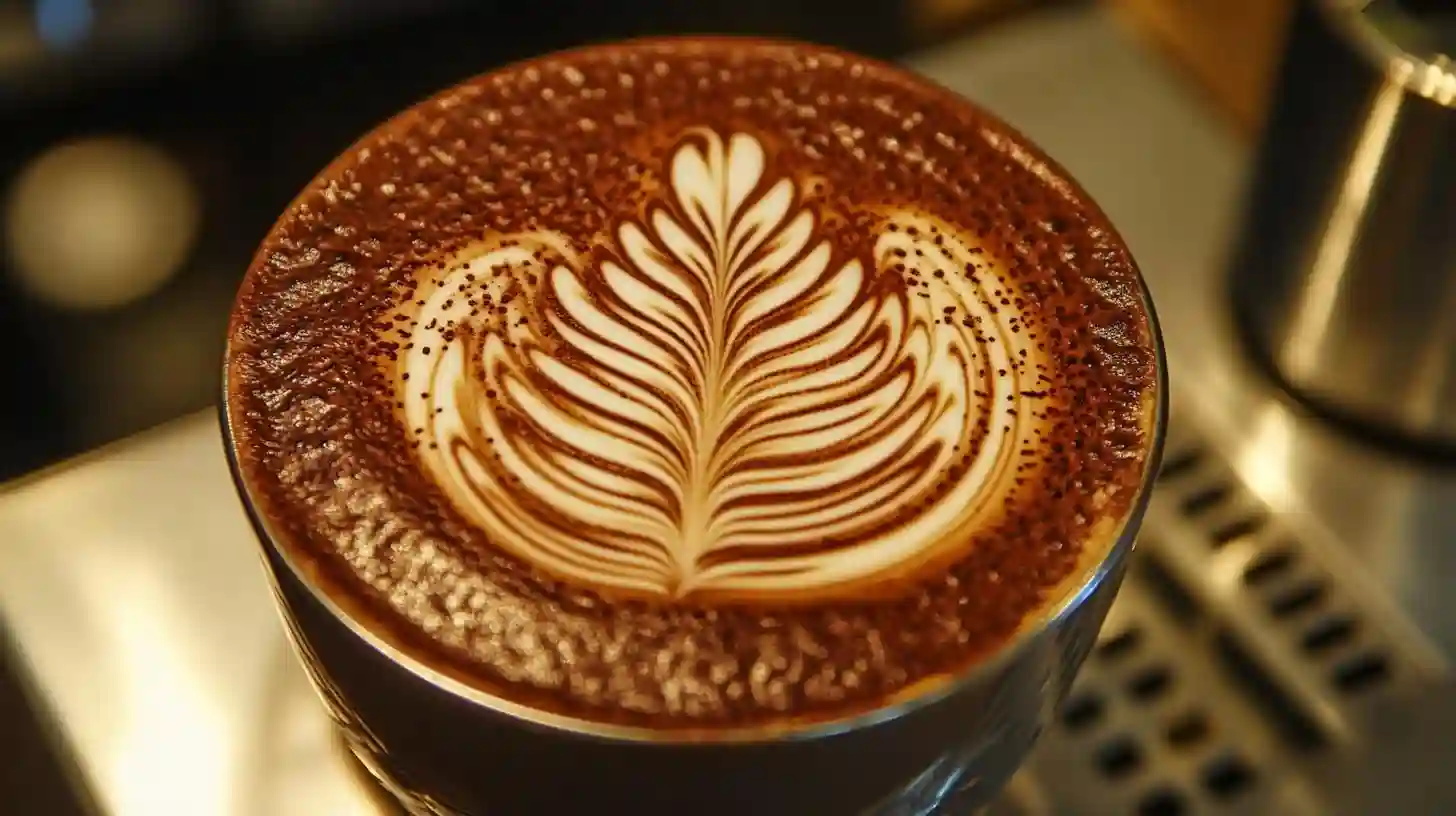
As consumers become increasingly health-conscious, the coffee industry is responding with innovative alternatives that cater to evolving preferences. Among these trends, low caffeine coffee has emerged as a popular choice for those seeking the rich taste of coffee without the accompanying jitters. This new movement is reshaping the offerings in cafes, providing options that accommodate a variety of lifestyles and desires.
The appeal of low caffeine coffee lies in its ability to deliver the familiar flavor profile of traditional coffee while minimizing the stimulating effects of caffeine. Many individuals face challenges associated with high caffeine consumption, such as insomnia, anxiety, and increased heart rate. For those who enjoy the ritual of sipping coffee, low caffeine options provide a solution that allows them to indulge without the negative side effects. This shift reflects a broader cultural change towards wellness and mindfulness in everyday choices, extending even to coffee consumption.
Cafes worldwide are embracing the low caffeine trend, with baristas experimenting with various techniques and blends to create delicious beverages. With options such as naturally low-caffeine beans like Arabica and new roasting methods that retain a satisfying flavor while reducing caffeine content, coffee lovers have never had more choices. Additionally, some cafes are featuring decaffeinated coffee made through innovative processes that enhance the taste without compromising the characteristics coffee aficionados appreciate. These approaches ensure that customers can savor their drinks while feeling good about their caffeine intake.
Many patrons who previously avoided coffee due to caffeine sensitivity are now finding joy in these new offerings. Low caffeine coffee appeals to a diverse demographic, including pregnant women, individuals with digestive sensitivity, and older adults who may need to limit their caffeine consumption for health reasons. With the commitment to quality, cafes can create blends that maintain the robust tastes desired by coffee drinkers while addressing health concerns. The result is not just an alternative, but a worthy companion to regular coffee.
The rise of low caffeine coffee has also prompted an expansion in how establishments present their menus. Many cafes are now offering specialized sections dedicated to low caffeine and decaffeinated coffee, alongside descriptions of methods used to achieve the reduced caffeine levels. This transparency allows customers to make informed choices, fostering a deeper appreciation for their beverage. Additionally, cafes are diversifying their options by incorporating low caffeine alternatives in lattes, cappuccinos, and cold brews. By doing so, they are creating a broad spectrum of choices that cater to various preferences while emphasizing quality and flavor.
Digital platforms and social media have played a significant role in popularizing low caffeine coffee. Enthusiasts share their favorite drinks, creating a buzz and encouraging experimentation. Influencers often highlight the benefits of choosing low caffeine options, showcasing recipe ideas and unique cafe experiences. This visibility helps further normalize the choice, paving the way for greater acceptance in mainstream coffee culture. The accessibility of information encourages individuals to explore low caffeine coffee and discover its variety of flavors.
With this growing trend, cafes are also focusing on sustainability within their low caffeine offerings. Many consumers today prioritize ethical sourcing and environmentally friendly practices when it comes to their food and beverages. Producers of low caffeine coffee are recognizing this demand and often work towards responsible sourcing of beans, considering both environmental impact and fair trade principles. By aligning with these values, coffee shops position themselves to resonate with customers who not only seek delicious drinks but also appreciate the broader implications of their choices.
As the low caffeine coffee trend continues to gain momentum, it is likely that these options will become a permanent fixture on cafe menus. Establishments that adapt to this trend will not only attract new customers but also build loyalty among those who appreciate thoughtful beverage choices. The evolving landscape of coffee consumption reflects broader shifts in lifestyle preferences, with consumers increasingly favoring health-focused options that allow them to indulge without excess.
Through the creative spirit of baristas and the passion of coffee enthusiasts, low caffeine coffee is more than just a passing trend; it represents a movement towards mindful consumption that embraces both flavor and well-being. The coffee community continues to thrive as more people discover the joys of enjoying a great cup of coffee while feeling good about their choices. In this evolving landscape, low caffeine coffee not only caters to taste but also to a more conscious approach to everyday life.